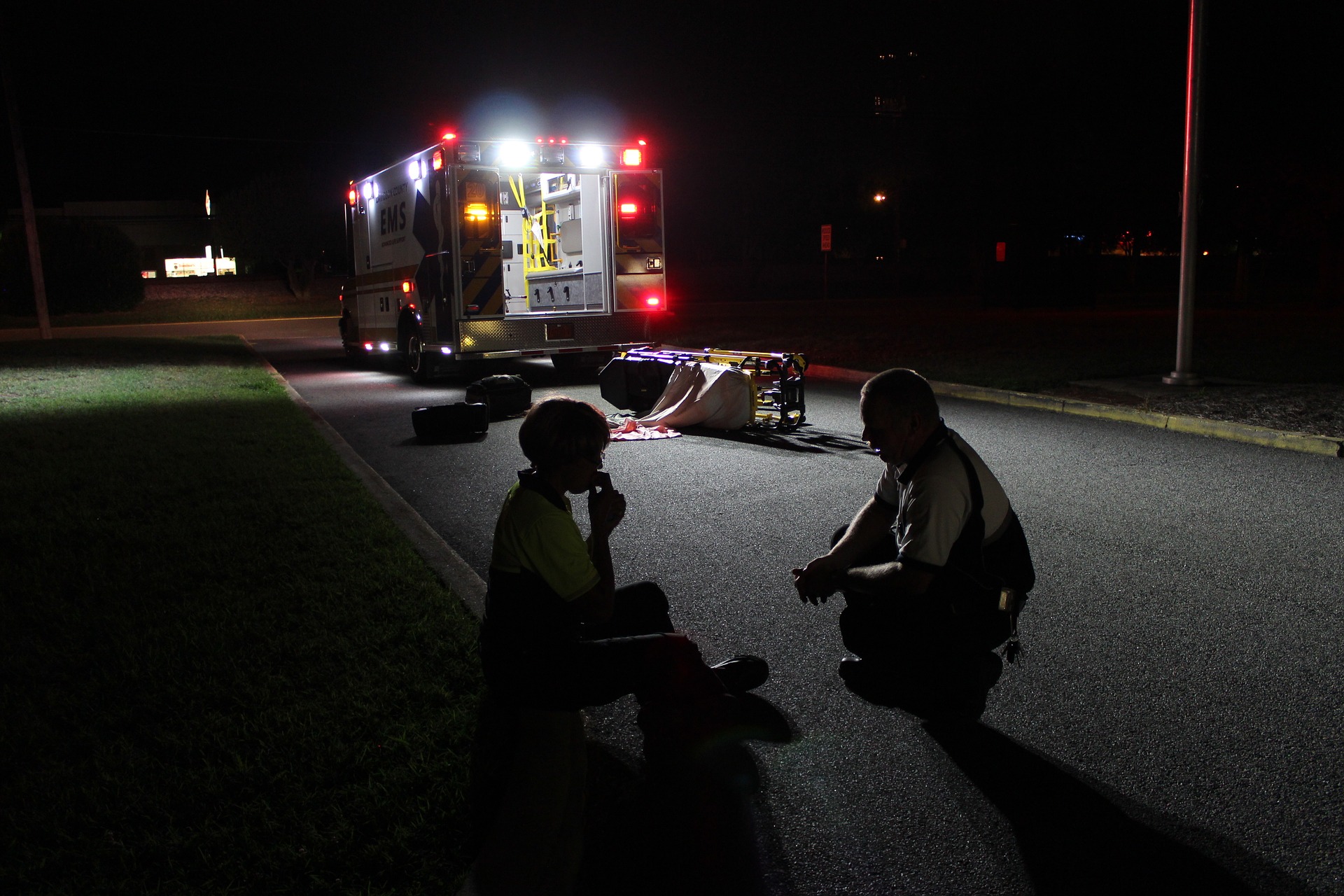The life of paramedic, nurse, doctor, or pilot is hectic especially if you’re working for an air ambulance. You run the risk of fatigue and you may be unable to balance your work and life efficiently. And if you work in shifts, you’re also at risk of developing a disorder known as shift work disorder. This could impair your ability to carry out your medical flight duties efficiently.
Shift Work Disorder Could Pose Threats to Medical Flight Workers
When you’re in the air ambulance industry, your physical and mental health is crucial because you have other people depending on you. So if you suspect that you have developed shift work disorder, it would be wise to seek treatment immediately. Here are some of the common symptoms to help you assess yourself:
- Being sleepy excessively at times when you need to stay awake
- Being unable to fall asleep when you need to or waking up before getting sufficient sleep
- Constantly getting insufficient sleep or being unable to get restful sleep
- Lack of energy
- Lack of concentration
- Irritability and depressive moods
Due to all these issues, you may even face problems maintaining healthy personal relationships – whether it’s with your partner, colleagues, or family members.
Causes of Shift Work Disorder
Shift work disorder, as the name suggests, is common in people who work shifts. And that’s why people who work in a medical flight run a high risk of developing the disorder. Night shifts and rotating shifts as well as early morning shifts can result in shift work disorder.
And due to shift work disorder, you may eventually experience chronic sleep deprivation, which can seriously ruin your health, safety, and productivity. You’ll normally find yourself struggling to stay awake when you need to and restless when you should be asleep.


